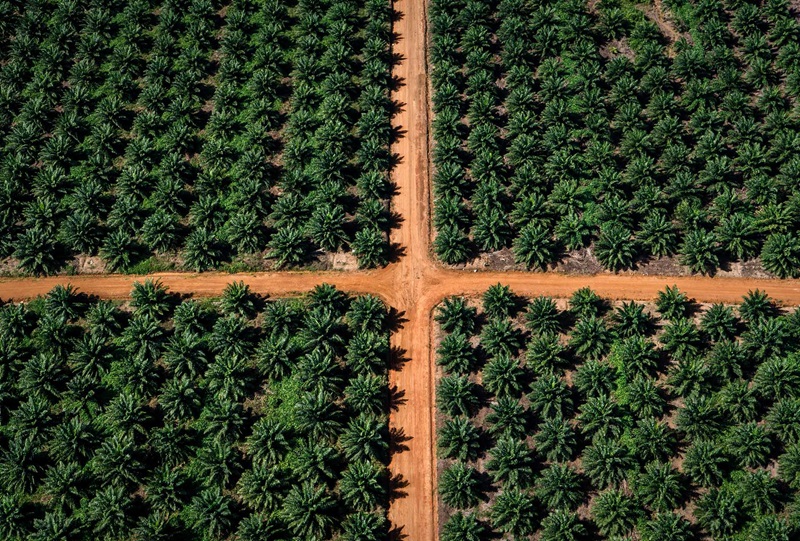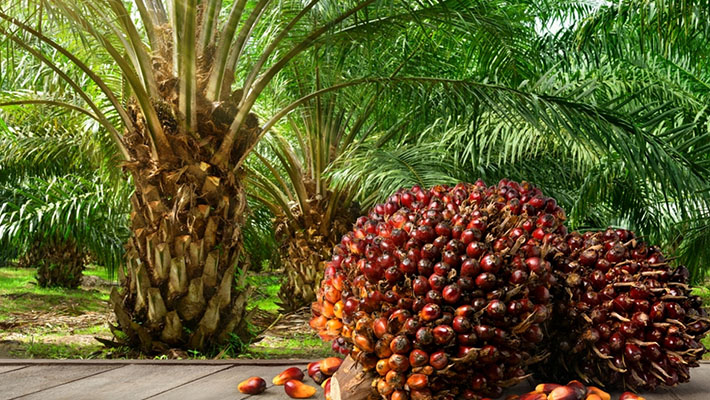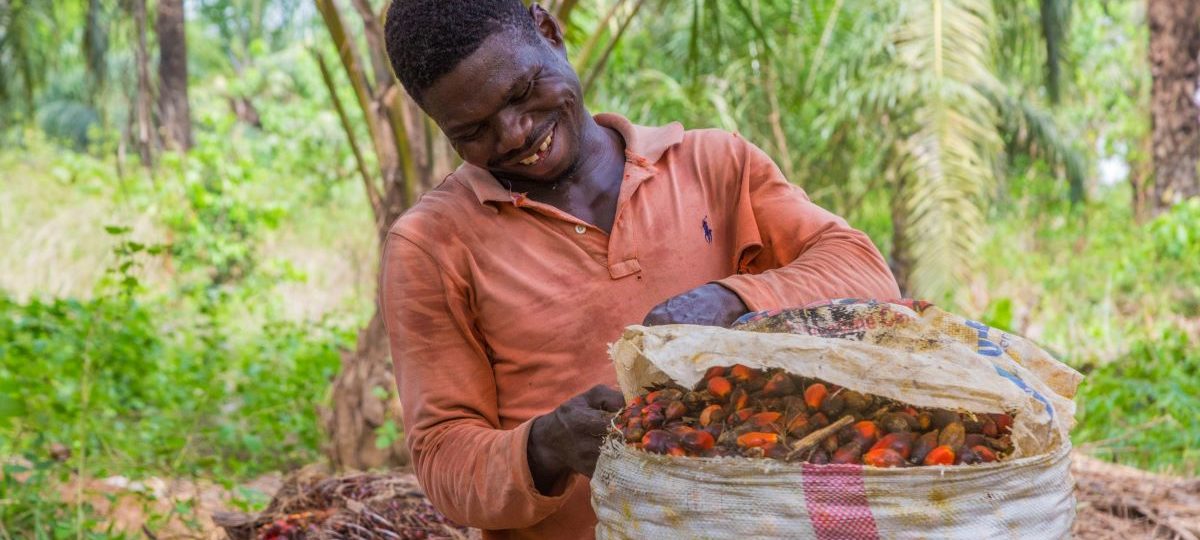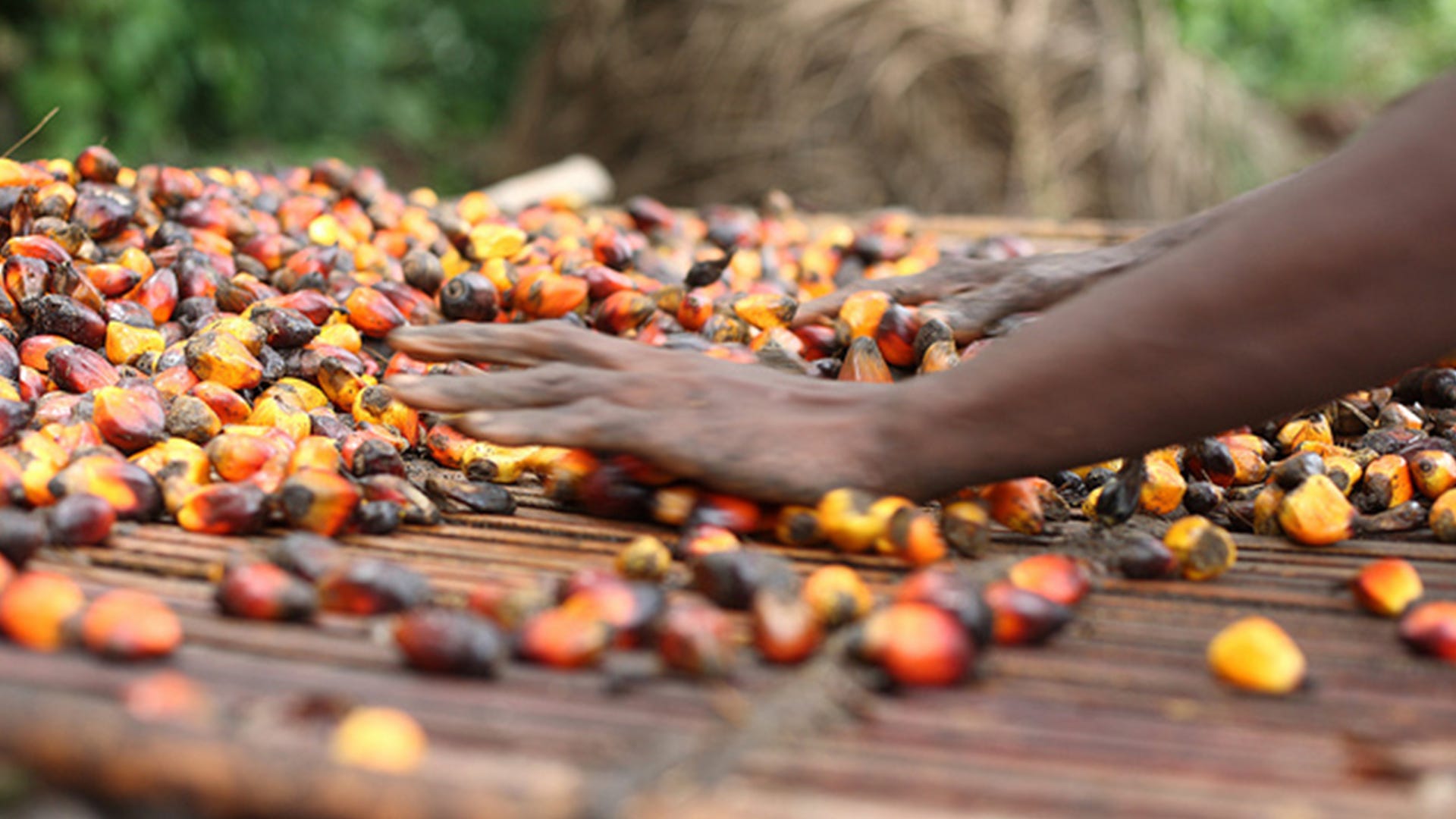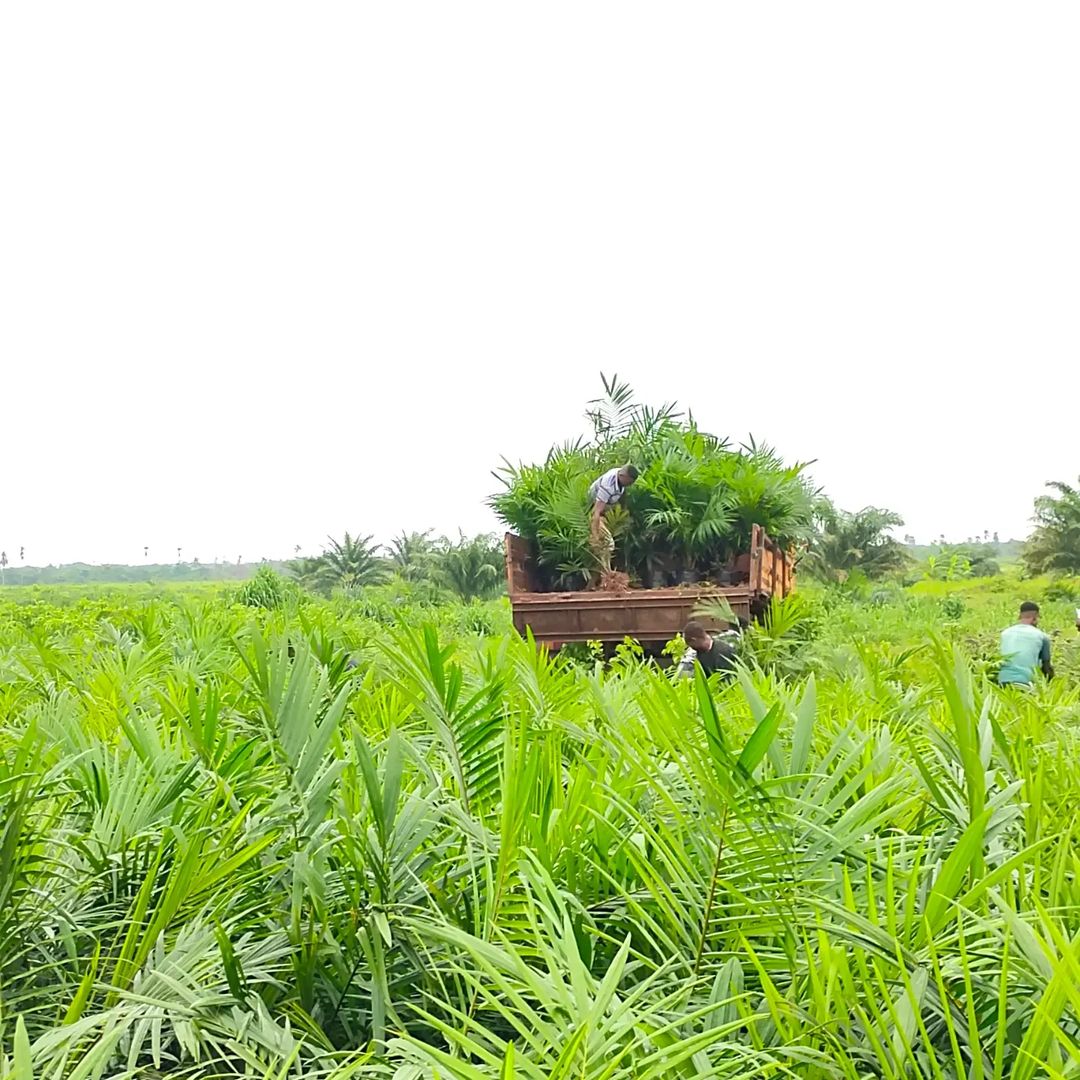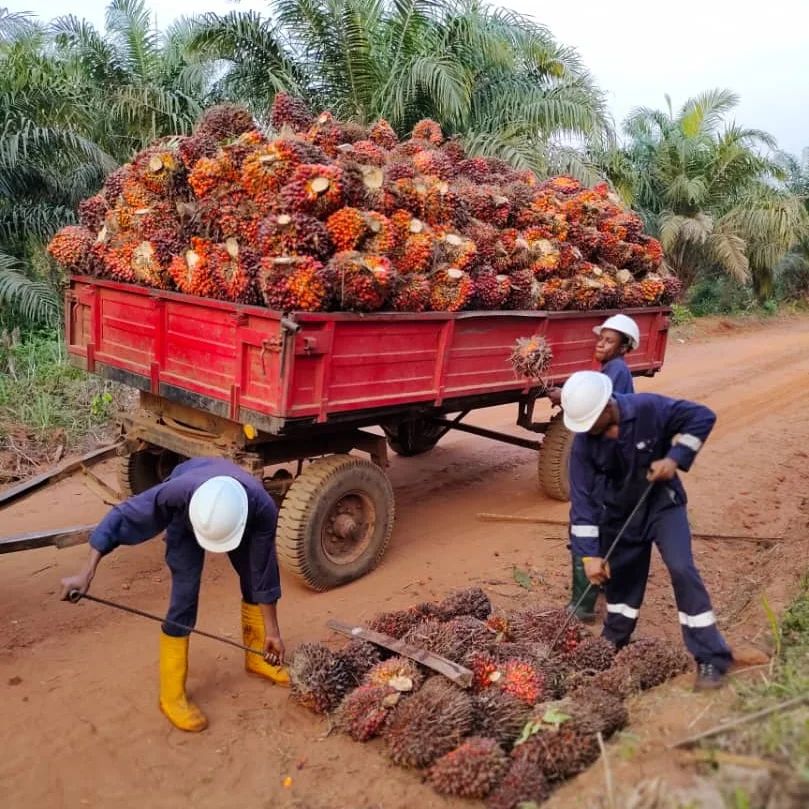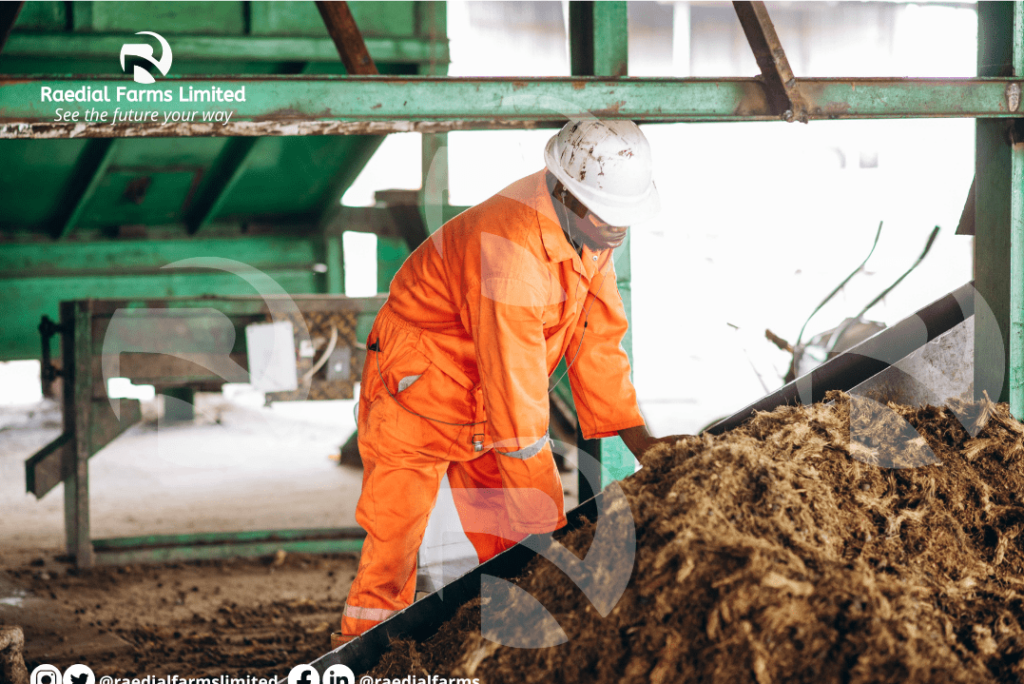Exploring Nigeria’s Golden Crop: A Journey Through the Rich History of Oil Palm Production
In the heart of West Africa, where the sun kisses the fertile soil and the air is heavy with the scent of promise, lies a treasure deeply embedded in Nigeria’s history and economy–the oil palm. This humble tree, with its golden fruit and lush leaves, has woven a story of resilience, adaptation, and prosperity forages.
Ancient Roots
The tale of oil palm cultivation in Nigeria unfolds like an ancient scroll, tracing its origins back over 5,000 years. Evidence whispers of its first domestication in the lands that now cradle modern-day Nigeria and her neighboring realms. From the dawn of civilization, cultures such as the Nok and Benin kingdoms cherished the oil palm, honoring its bounty by utilizing every part–from fruit to leaf–for sustenance, shelter, and commerce. This ancient bond laid the cornerstone for Nigeria’s enduring affair with the “golden crop.”
Colonial Influence: A New Chapter Begins
With the arrival of colonial powers, Nigeria’s oil palm industry embarked on a new voyage. The British, with keen eyes for commercial opportunity, recognized the allure of palm oil and its lucrative prospects. Along the coastal regions, they planted the seeds of transformation, establishing vast plantations under European stewardship. These plantations, reminiscent of emerald seas stretching to the horizon, multiplied into vital hubs of trade, propelling Nigeria on to the global stage of palm oil production.
Economic Backbone: Nurturing Prosperity
Today, oil palm production stands tall as a stalwart pillar of Nigeria’s agricultural landscape and economic vigor. As Africa’s leading producer and the world’s fifth-largest, Nigeria’s palm oil industry exerts a formidable influence, supplying a lion’s share of the globe’s palm oil demands. Its economic embrace spans far and wide, supporting millions of livelihoods across the nation. From the fertile fields tended by rural farmers to the bustling mills and export docks, the heartbeat of Nigeria resonates with the rhythm of palm oil.
Socioeconomic Impact: Nourishing Communities
Beyond its economic prowess, oil palm cultivation bears the fruit of social progress. In rural enclaves where opportunity often hangs by a slender thread, palm oil provides a lifeline. Cooperatives of smallholder farmers, nurtured by generations of toil, cultivate the land with care, reaping not only sustenance but dignity and empowerment. Women, the silent guardians of the palm groves, find their voices amplified through active participation in every facet of production and commerce.
Challenges and Opportunities: Navigating the Path Ahead
Yet, amidst the green history of success, thorns lurk along the path. Nigeria’s oil palm industry faces trials–from inadequate infrastructure to the specter of unsustainable practices and fierce competition from foreign shores. But within these trials lie the seeds of opportunity. Initiatives beckon, whispering promises of innovation, sustainability, and resilience. The quest for sustainable cultivation practices and the allure of responsible sourcing herald a new dawn, where Nigeria stands poised to lead the charge towards a greener, brighter future.
Conclusion: A Future Envisioned
In closing, the saga of oil palm production in Nigeria transcends mere economics; it is a narrative of identity, resilience, and promise. As Nigeria charts its course towards a future of sustainable growth and inclusive prosperity, the oil palm stands as a beacon, illuminating the way forward. Let us, therefore, embrace this “golden crop” with reverence and determination, weaving its story into the fabric of Nigeria’s destiny. For in the fertile soil of possibility, amidst the rustling leaves of hope, lies the promise of a thriving, sustainable oil palm sector–a testament to Nigeria’s enduring spirit and boundless potential.

